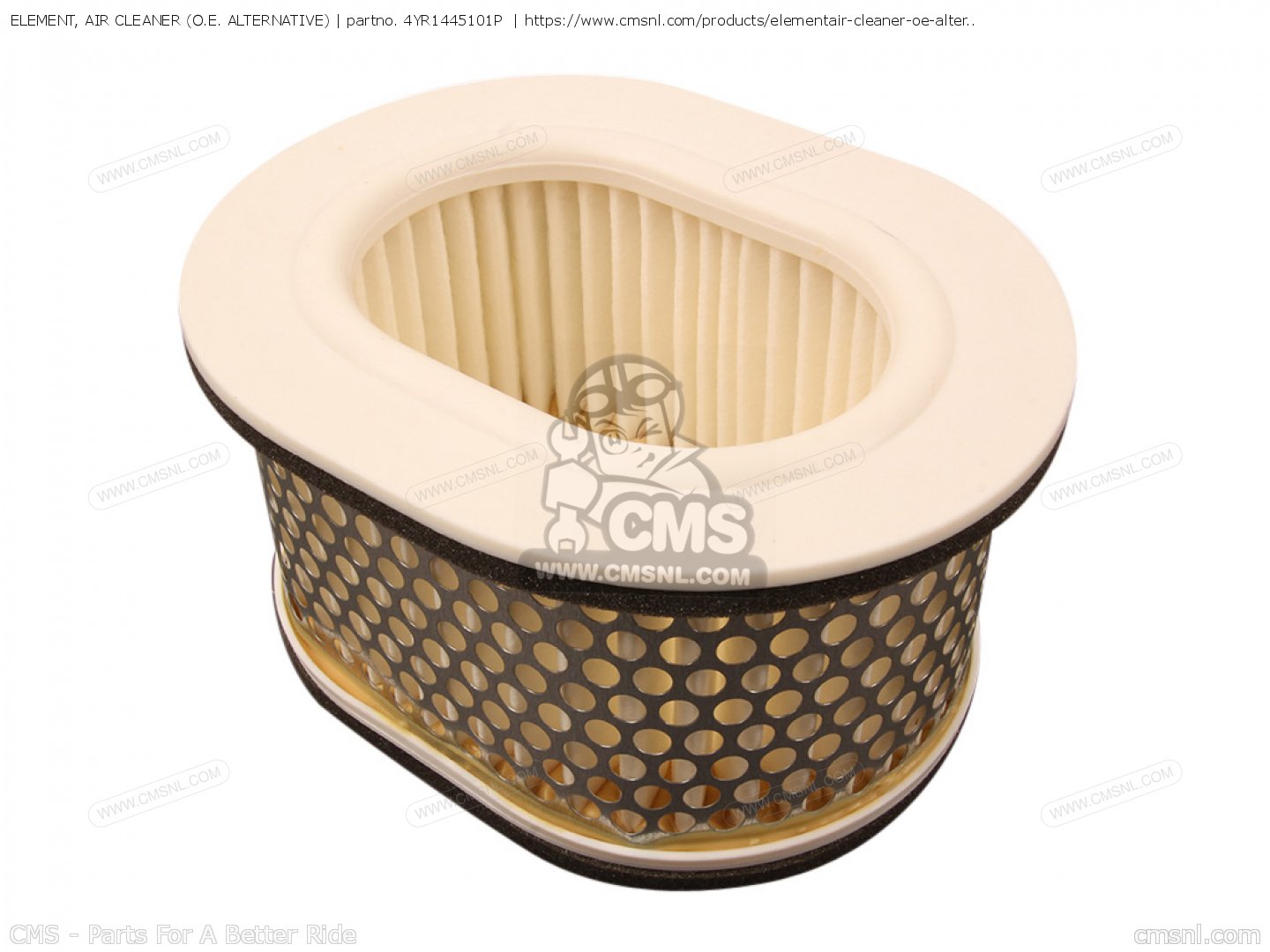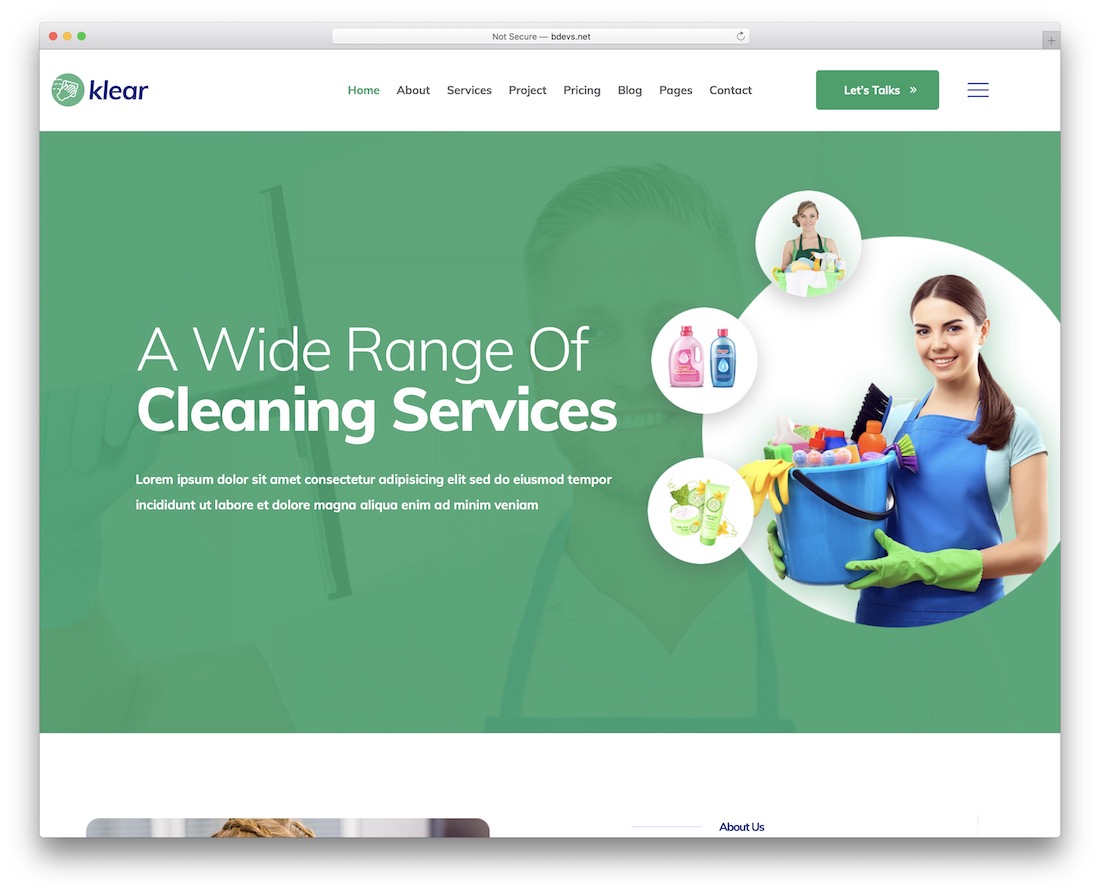
As such, while alcohol itself might be safe, be very sure to clean the surfaces again after you have removed the intended residue with something lint free. It's also pretty good for cleaning contact pins or dirty lenses on optical drives (often using a lense cleaner) VERY carefully. I've generally used the stuff for spot cleaning on a cotton swab for particularly nasty, hard to remove dirt.

Apparently it also does nasty things to plexiglass and Lucite, so test before you clean any plastic bits.Īpplying it to a paper towel may leave lint (coffee filters seem to be a common lint-free alternative), and the computer has lots of bits that stick out which may catch and rip out bits of it. It'll also loosen any stickers present on the hardware. It will, however, probably dissolve things like thermal paste (which can be conductive, especially in formulas that contain metal.) As such, you don't want to be using it in bulk (by spraying or dipping a whole panel.) Additionally, it's a bad idea to combine it with grease, since you might end up dissolving some minor thing-conductive stuff in CPU sockets is bad, as would be accidentally removing all the lube from the mechanical parts of a drive. BAD BAD IDEA.) And since this is kinda being mentioned in the comments (Its potentially explosive under the right conditions - I do not recommend trying to blow up plastic water jugs unless you're a trained professional and/or a chemistry teacher). isopropy alcohol is highly inflammable - it will evaporate into something that can be ignited at low temperature (13-15 degrees), and will catch fire at around 400 degrees C, and we do not want to be responsible for house fires.

Via here - no idea on the original source.Īnd this is allegedly an entire PC soaked in rubbing alcohol. It probably won't damage electronics this thread on the HP calculator forums talks about immersing an entire calculator in alcohol, though with no follow up on whether it works.

It's apparently safe to immerse entire devices in isopropyl alcohol-it seems to be a common way to save 'dead' cellphones-but I wouldn't recommend it as you'll see. It's a very effective cleaner that at the quantities you use won't end up poisoning you, or dissolving your fingertips. 70% seems to be what people use, but you really want to be using 90% or better.

Water is a polar solvent, so you don't want to be using it in computers in larger quantities. If you're using high purity isopropyl alcohol, the advantages are that it is non conductive (being a non polar solvent), is not terribly reactive with the things you'd normally find in a computer, and generally dries fast.


 0 kommentar(er)
0 kommentar(er)
